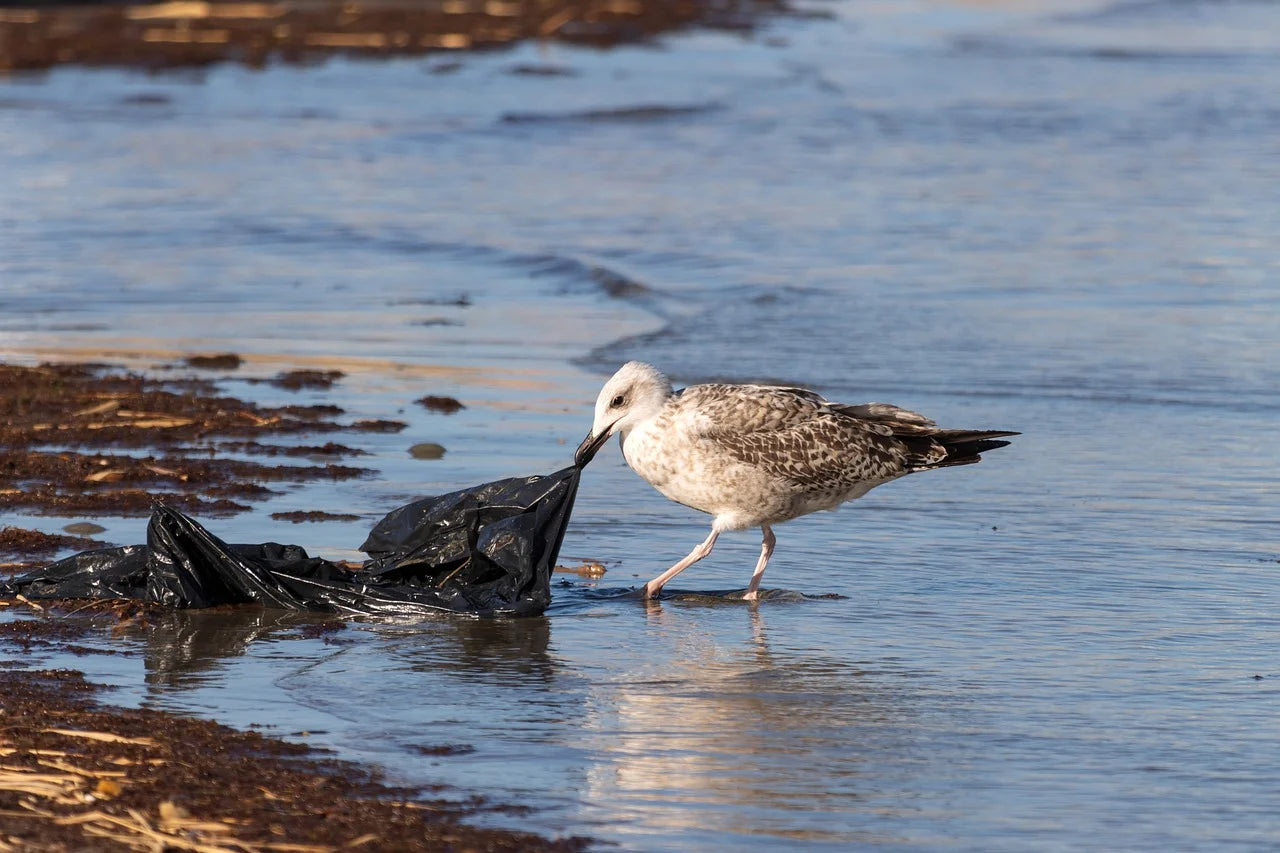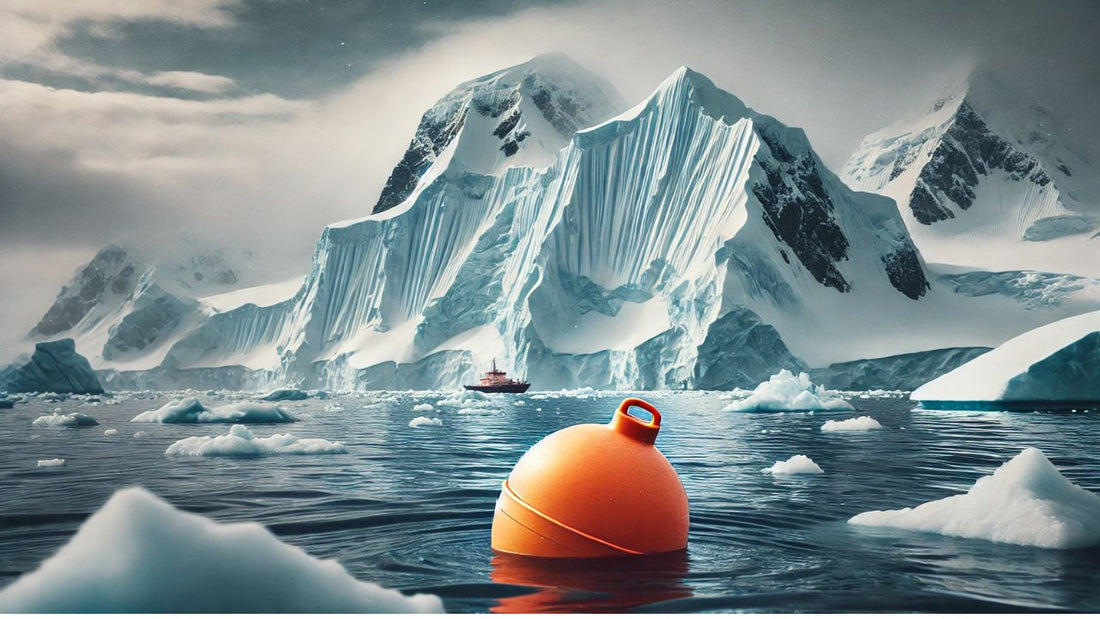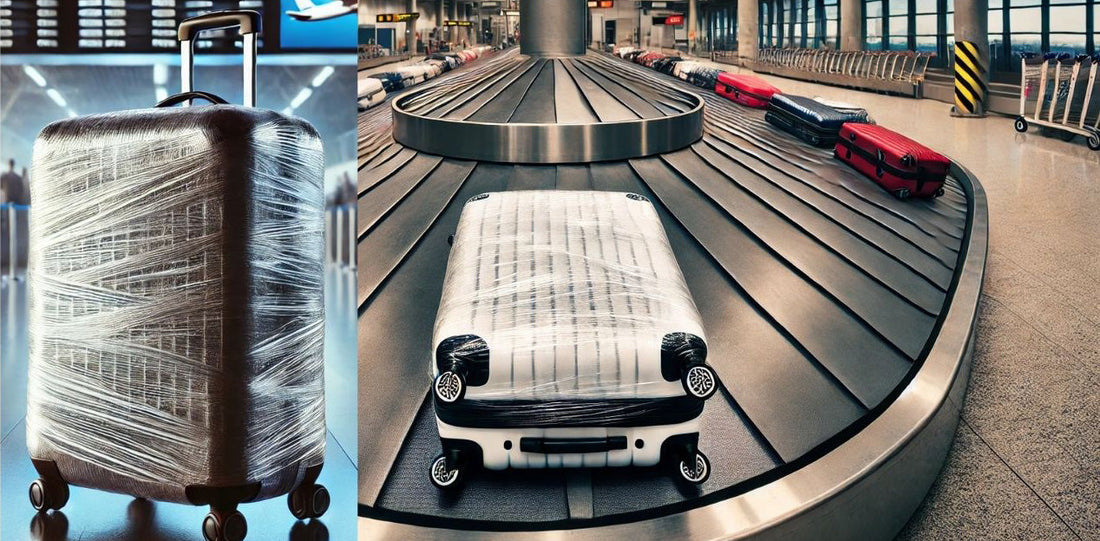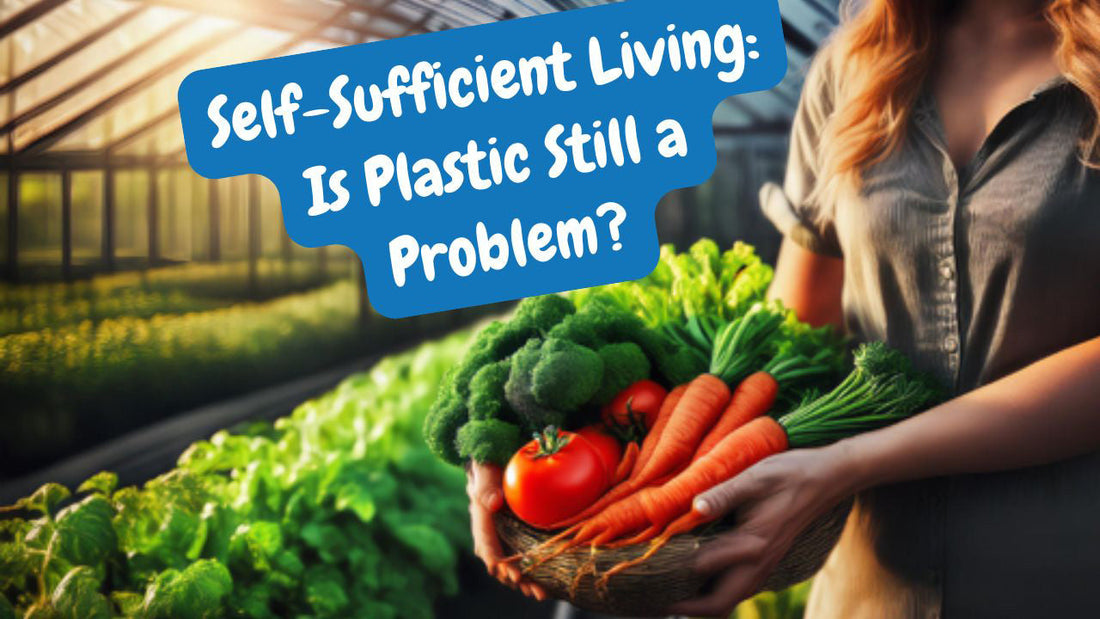Just over a year ago there was a strong movement towards removing single use plastic from our everyday use.
The topic was dominating in headlines, progress towards removing single use plastics was at an all-time high. Then, as we all know just over a year ago the focus shifted to an invisible killer. Not only did this new life threat take over the headlines, it also saw a rewind in the way we viewed and used plastic. All the hard work that had been done to say no to single use plastics, quickly reversed.

While we may have taken a few steps back, the awareness and education had already hit mainstream. And, the governments that were setting their sights on banning single use plastics pre-covid were still forging ahead with their plans.
Let’s take a look at where each Australian state is at with their commitment to reducing Single Use Plastic (SUP), which states still have some work and where each of them rank:
1. South Australia

It should come as no surprise to most Australian’s that follow waste streams that South Australia is once again the leader of the pack. This is a state that has had a cash refund for bottles and cans for over 40 years, while the rest of the country is just catching on to the concept.
At the beginning of this month (March, 2021) South Australia implemented their ban on single use plastics. This ban includes the sale, supply or distribution of single use plastic straws, drink stirrers and cutlery.
Importantly South Australia’s legislation prohibits the sale, supply and distribution of both fossil fuel derived plastic and plant-based plastics, this means both industrial and home compostable plastics are also banned. Alternatives such as wood and paper products are allowed.
Why is South Australia the only state that has taken this hard approach to banning both fossil fuel and plant based plastics?
Compostable plastics are a great alternative to fossil fuel based plastics — however they must be composted and not just added to landfill.
As Australia has very few industrial composting facilities available, and most industrial composting facilities do not accept compostable plastics, these plastics remain a problem.
Hopefully South Australia and other states and territory's will work towards introducing more composting education and facilities in the future.
Beginning next year (March 1, 2022) polystyrene cups, bowls, plates and clamshell containers will also be prohibited. And again importantly oxo-degradable* plastics will not only be prohibited from sale, manufacturing of oxo-degradable products will also be banned.
* Oxo-degradable plastic products have additives which enable the plastic to break down into tiny fragments (‘microplastics’) which do not completely decompose.
2. Queensland
 While Queensland’s ban on plastic bags was a bit of a let down (it really wasn’t a ban but rather an introduction to how to take your own bags to the supermarket) the new single use plastic ban has a little bit more teeth.
While Queensland’s ban on plastic bags was a bit of a let down (it really wasn’t a ban but rather an introduction to how to take your own bags to the supermarket) the new single use plastic ban has a little bit more teeth.
Queensland’s ban on single use plastic items will commence on 1 September, 2021. The ban prohibits the supply of plastic straws, cutlery, bowls and plates, stirrers and expanded polystyrene takeaway food containers and cups:
- straws: regular straws, flexible straws, straws with a scoop, cocktail straws and bubble tea straws
- cutlery: knives, forks, spoons, teaspoons, sample tasting spoons, soup spoons, chopsticks and sporks
- bowls and plates
- stirrers: hot or cold drink stirrers, swizzle sticks and hot or cold food stirrers
- expanded polystyrene takeaway food containers and cups, for example ‘clamshell’ style containers.
While we give kudos to the Queensland government for stepping up to the plate, it would be great if they took a more proactive step and either banned compostable plastics altogether (like South Australia has), or including more education on composting and/or composting services within the state.
Although noted on the “potentially next to ban stage” oxo-degradable products are still permitted for sale in Queensland.
3. Australian Capital Territory
 Coming in third on the list is the ACT. While the ACT were faster to act on banning plastic bags than Queensland were, they are still in the planning stages of introducing a SUP (Single Use Plastic) ban. What should we expect to see?
Coming in third on the list is the ACT. While the ACT were faster to act on banning plastic bags than Queensland were, they are still in the planning stages of introducing a SUP (Single Use Plastic) ban. What should we expect to see?
ACT’s legislation is set to come into effect from July, 2021. The first stage of the ban will include cutlery, drink stirrers and expanded polystyrene food and drink containers.
There’s really not a lot to see in this ban, however it appears they do plan on a second phase next year which will ban straws, barrier bags for fruit and vegetables, as well as all products made from oxo-degradable plastic. This will be a much welcome change.
A third phase is set to get a little tougher but the current plan is not to implement these changes until 2023. Why wait? Why not include it in next years plan?
There was unfortunately no mention about compostable plastics any phases of these proposed bans.
4. Victoria
 Although Victoria was the 5th state to announce a future ban, they’ve landed at number 4 on the list as their plans to implement change are faster moving than those of WA.
Although Victoria was the 5th state to announce a future ban, they’ve landed at number 4 on the list as their plans to implement change are faster moving than those of WA.
Victoria’s proposed ban on the sale or supply of the following items is to be introduced by February 2023 and includes;
- Single-use plastic straws, cutlery, plates & drink-stirrers
- Expanded polystyrene food and drink containers
- Plastic cotton bud sticks.
According to the Australian Marine Conversation Society the Victorian Department of Environment, Land, Water and Planning has confirmed oxo-degradable plastics will also be included in the ban.
There is no mention in the ban in regards to compostable plastics.
5. Western Australia
 Beautiful remote Western Australia — a state that we’d expect to have seen higher up the list. However WA’s SUP plan disappoints.
Beautiful remote Western Australia — a state that we’d expect to have seen higher up the list. However WA’s SUP plan disappoints.
According to the Western Australian government’s own website 98 per cent of the community support taking strong action to reduce Single Use Plastics.
The Plastic Free July campaign was born in WA. Spearheaded by Rebecca Prince-Ruiz the Author of Plastic Free, the Plastic Free July campaign is one of the biggest plastic reduction campaigns in the world. They have a champion of change at their fingertips. Why the wait?
WA’s “Plan for Plastics” appears to be well thought out, yet long and drawn out.
Phase 1 — 2020-21:
- Engage with community and key stakeholders.
- Establish a plastic straws working group to inform future actions
- Develop targeted education programs
- Introducing Plastic Free Places trails with community partners
Phase 2— 2021-23:
According to the plan this is where we are today. Although they note several times in “The Plan” that was released in 2020, that “the community want strong action” the legislation to be developed is not slated for implementation until late 2023 this will include the phase-out of:
- plastic plates, cutlery, stirrers & straws
- thick plastic bags
- polystyrene food containers and helium balloon releases.
Phase 3— 2024-26:
The last phase which is not set to be legislated for well into the future is to phase out produce bags, polystyrene packaging, plastic stick cotton buds, microbeads and oxo-degradable plastics. Again there was no mention in this 12 page document regarding compostable plastics or education around composting.
The WA Government has missed its mark on what the community meant when they gave the feedback that they'd like to see “strong action on the reduction of plastics”.
6. Tasmania & Northern Territory
 As neither state have announced any future plans to tackle Single Use Plastics they have been placed in an equal tie at 6th place. They have nudged out New South Wales due to the fact that both the City of Darwin and the City of Hobart have introduced their own laws regarding single use plastics.
As neither state have announced any future plans to tackle Single Use Plastics they have been placed in an equal tie at 6th place. They have nudged out New South Wales due to the fact that both the City of Darwin and the City of Hobart have introduced their own laws regarding single use plastics.
The City of Hobart introduced a by-law that is set to be enforceable by July 1, 2021 banning Single Use Plastics at take-away food retailers.
The ban was originally scheduled to be implemented in 2020 however it was moved forward to 2021 due to COVID-19.
The single-use plastic items banned are:
- plastic cutlery
- sauce sachets (such as tomato, soy or tartare)
- plastic takeaway hot food containers and lids
- takeaway plastic straws
- plastic lined noodle boxes
- plastic lined coffee cups
- plastic lids on takeaway cups
- plastic sandwich wedges.
Certified compostable bioplastics (cold drink cups, bowls, cutlery, lids, sandwich wedges, noodle boxes, coffee cups, hot chip boxes) are allowed under the current city by-law.
Much like Hobart the City of Darwin went out on its own and made changes to the types of disposable items that can be used at events. Unlike Hobart this is not a city-wide ban, as the ban only applies to council land and at markets. Darwin’s ban came into effect in January, 2019 and also includes the deliberate release of helium balloons — a ban that should be implemented across the country.
The Single Use Plastic ban includes:
- disposable coffee & smoothie cups
- plastic lids, straws, stirrers & cutlery
- stirrers, plates, bowls, and takeaway containers
7. New South Wales
 It should really come as no surprise that New South Wales is at the bottom of the list. They were the last state to come on board with a plastic bag ban, so I wouldn’t expect them to be leaders in the pack when it came to banning Single Use Plastics.
It should really come as no surprise that New South Wales is at the bottom of the list. They were the last state to come on board with a plastic bag ban, so I wouldn’t expect them to be leaders in the pack when it came to banning Single Use Plastics.
While predictable it’s still incredibly disappointing — New South Wales is the most populated state in Australia, they should really be the champions on change in this area.
“Cleaning up Our Act” is a 20 year strategy that tackles managing plastic waste in the state of NSW. In this plan they state:
- NSW consumed approximately 1.1 million tonnes of plastic in 2017–18. Most of which was used for packaging and household items like furniture, clothing and footwear.
- Plastic makes up 45% of household recycling bin collections.
- Plastic recycling rates are typically low, with only an estimated 10% of the plastic consumed every year being recycled.
- More than half the littered items in NSW are plastic, and plastic makes up 34% of total littered items.
From these points alone it’s clear that NSW have identified single use plastics as an issue, so why is it not at the top of their agenda for change?
The paper also shows a progression chart noting a final NSW Plastics Plan would be ready by the end of 2020, yet no final Plastic Plan has been announced.
The NSW Plastics Plan discussion paper proposes targeting a few items relating to plastics:
- phasing out nominated single-use plastics by 2022
- tripling the proportion of plastic recycled in NSW across all sectors and streams by 2030
- reducing plastic litter by 25% by 2025
- mandating the use of 30% minimum recycled content in plastic packaging in NSW by 2025
While it’s great they have these goals, they are incredibly long term and there doesn’t appear to be any clear direction on what their Single Use Plastic ban entails, or if they have made progress on this at all.
Our message to state governments across Australia and most notably to New South Wales:
“pay attention to what South Australia are doing — they are certainly leaders when it comes to implementing bans on Single Use Plastics and waste reduction.”





